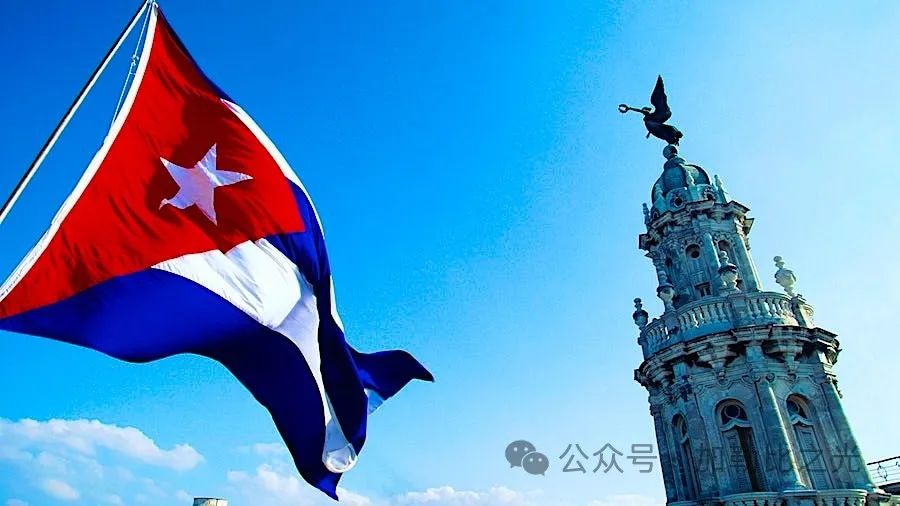
面对日益严重的经济和人道主义危机,古巴政府上周开始实施严厉的经济措施,削减补贴,增加税收、关税,以提高政府收入,遏制岛内基本商品短缺的问题。新年伊始,政府对私营企业部门增加税收,提高天然气售价,对香烟在内的一些进口商品加征关税。官员们表示,将实施重要转变,改革古巴革命以来的配给卡制度。全面削减对基本食品的补贴,转而为有需要的人提供针对性的经济支持。
作为宏观经济稳定计划(Macro-economic Stabilization Plan)的一部分,马雷罗总理(Prime Minister Marrero )在去年12月底的国民议会特别会议上宣布了一系列涨价和勒紧裤腰带政策,这些措施包括提高交通、能源价格以及某些部门的用水成本,要求外国人用外币支付汽油费等。
马雷罗说,配给卡涉及到的国家商店里的大米、牛奶、糖、鸡蛋和其他基本商品将被重新分配,不再供给给所有国民,要为社会若是群体实现“更公平、更高效”的粮食安全。他提到:拥有财富不一样的人得到同样的配给,这是不公平的。现如今,政府提供给老年的养老金领取者的补贴,与那些有钱的大型私营企业主的补贴是相同的。
古巴目前正经历20世纪90年代最为严重的经济危机。2023年,以国有经济为主体的古巴国内生产总值下降1%到2%,政府财政赤字接近19%,严重限制了古巴进口基本商品的能力。官方公布的通货膨胀率为30%。
路透社最近的一篇报道提到,由于美国的经济制裁,古巴旅游业下滑,挥之不去的疫情后遗症,岛内燃料、食品和药品的短缺,公共交通供给不足,经济紧张局势有所加剧,经济正接近崩溃。高通胀和粮食短缺加剧了岛上的人道主义危机。
在过去两年里,估计约有50万古巴人,约占总人口的4%,前往美国。
古巴实施新的经济措施正值该国纪念革命65周年之际,现年92岁的劳尔·卡斯特罗(Raúl Castro)在1月1日的电视讲话中呼吁“团结一致”应对“这场经济斗争”。他称:“找到解决这些困难的办法是所有古巴革命者不可避免的责任。”
Facing a dire and deepening economic and humanitarian crisis, the Cuban government last week began implementing drastic economic measures to cut subsidies and increase taxes and tariffs to obtain revenue needed to stem spreading shortages of basic goods on the island. The new year began with the government levying new tax increases on private sector companies, steep increases in the price of gas as well as new tariffs on certain imports, including cigarettes. In a significant shift, officials said the government would revamp the ration card system—a longstanding symbol of the Cuban revolution—and curtail across-the-board subsidies of basic foodstuffs, instead providing targeted economic support for those in need.
Prime Minister Marrero announced a series of price increases and belt-tightening, stringent measures at a special meeting of the National Assembly in late December as part of a “Macro-economic Stabilization Plan.” The measures include increasing transportation and energy prices and the cost of water usage in certain sectors, as well as requiring foreigners to pay for gasoline with foreign currency.
Marrero said the ration card—known as the Libreta—which subsidizes minimal amounts of rice, milk, sugar, eggs and other basic goods, when such goods are actually available in the state stores, would be repurposed. Instead of going to all Cubans, it would be cut back in order to achieve “a fairer and more efficient” food security for vulnerable sectors of the society. “It is not fair that those who have a lot receive the same as those who have very little,” Marrero suggested, acknowledging the growing socio-economic inequities in Cuba. “Today we subsidize the same to an elderly pensioner as to the owner of large private businesses who has a lot of money.”
Cuba is experiencing its worst economic crisis since the “special period” following the collapse of the Soviet Union in the early 1990s. Gross Domestic Product (GDP) of the largely state-run economy contracted by 1 to 2 percent in 2023, authorities said, and the fiscal deficit is close to 19 percent, severely restricting Cuba’s ability to import basic goods. The official inflation rate is pegged at 30 percent. “Cuba's economy—saddled by U.S. sanctions, a tourism shortfall and a lingering pandemic hangover—is nearing collapse,” Reuters recently reported, “with fuel, food and medicine shortages rampant, public transportation scarce and tensions running high.” Recent reports have cited high inflation and food shortages for fueling what many call a humanitarian crisis on the island.
Over the last two years, an estimated half million Cubans, approximately 4 percent of the population, have left for the United States.
Implementation of the Cuban Government’s new economic measures come as the country commemorated the 65th anniversary of the revolution. In a televised speech on January 1, Raúl Castro, now 92 years old, called for “unity” to confront “this economic battle.” “Finding an answer to these difficulties is an unavoidable duty of all Cuban revolutionaries,” he said.


